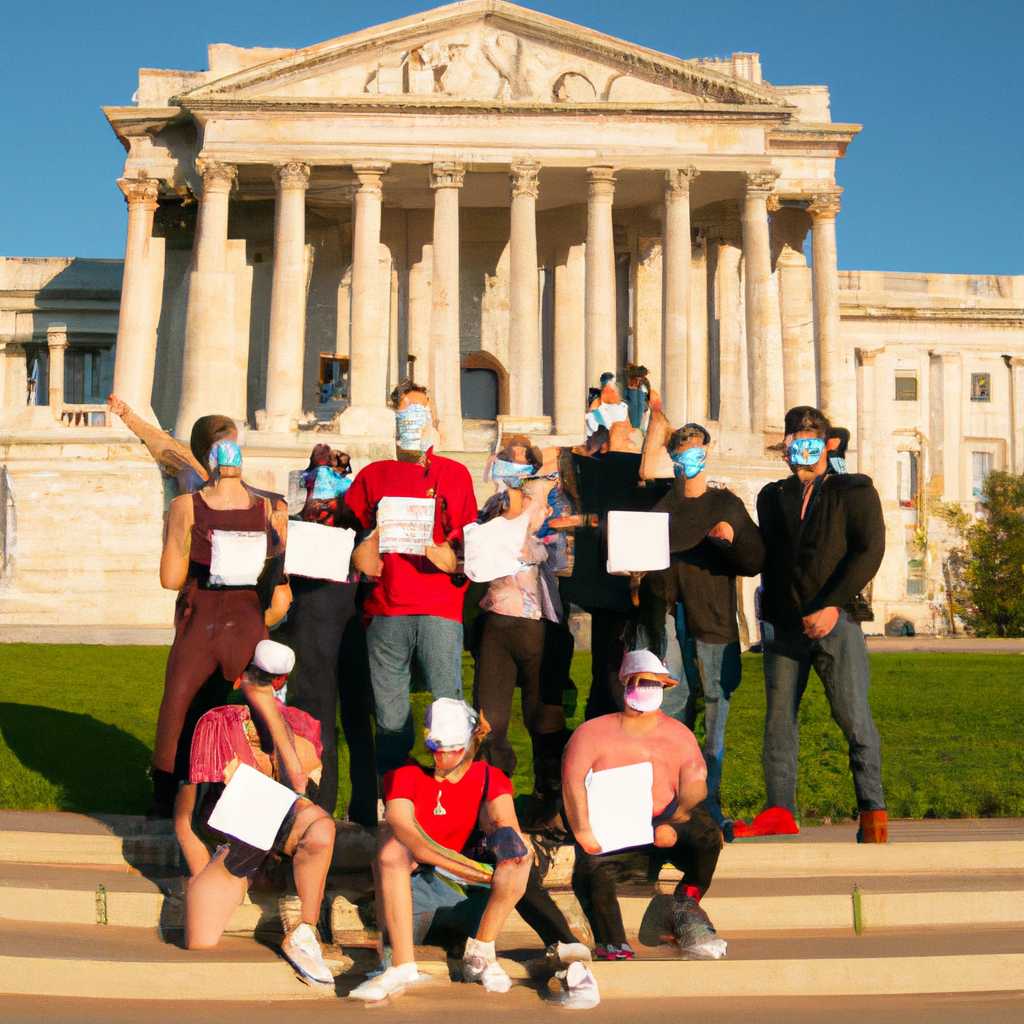The potential ban of popular Chinese app TikTok in the United States has brought to light the issue of data security and privacy concerns in the digital age. Rep. Rep. Mark Pocan (D-Wis. ) and Rep. Jamaal Bowman (D-N.Y. ) recently held a press conference on the East Front of the Capitol with a group of 30 TikTok creators to draw attention to the potential consequences of the RESTRICT Act, which could give the government broad powers to investigate, disrupt and block transactions by entities based in China as well as other named “foreign adversaries”.
The creators of TikTok argued that the spying threat is overblown and that their livelihoods are in jeopardy if the app is restricted. Several of them spoke about their experiences on the platform and the impact it has had on their lives, such as Grace Amaku, who had been trying to jump-start a career in entertainment and has since amassed 1.5 million followers, and V Spehar, who hosts a TikTok news channel with 2.8 million followers. The creators sought to meet with lawmakers but were often turned away or offered a meeting with office staff. They also went on a tour of D.C., including the White House, where they met president Biden, and the Tidal Basin, among other places.
At a House hearing on Thursday, TikTok CEO Shou Zi Chew addressed the issue of the app splitting from its Chinese parent company and referred to the Facebook Cambridge Analytica scandal, noting that American social companies don’t have a great record in terms of privacy and data security. There is bipartisan uproar over TikTok's Chinese ownership due to the possibility that the Chinese government demands or hews clandestinely access to sensitive user data. However, in the U.S. of America, the U.S. However, it has failed to create a national privacy legislation, leaving Americans' online data rights a patchwork of state and federal laws. Further, concerns about TikTok's addictive algorithms, its effects on teens mental health, and its hosting of propaganda and extreme content are shared by its American rivals.
The lack of a comprehensive Data Privacy bill means that if TikTok is banned, the same problems exist on other apps that have not been banned. U.S. U.S. officials need to explain how the U.S. The government will prioritize the riskiest foreign technologies, consider narrower protections than outright bans and distinguish legitimate threats from hysteria. Experts on election interference say that U.S. The willingness of officials to publicly communicate about foreign election meddling helped diffuse the risk that it would undermine trust in the 2020 election.
Americans are worried about TikTok's ties to China and for parents who want to limit a child’s time with TikTok or to make guardrails for other apps, there are tools like TikTok Family Pairing, Bark, Qustodio and Boomerang. The possible ban of TikTok has called attention to the need for better privacy and data security laws in the digital age and the need for U.S. Officials to be more transparent with the public in order to protect Americans’ online data rights.

